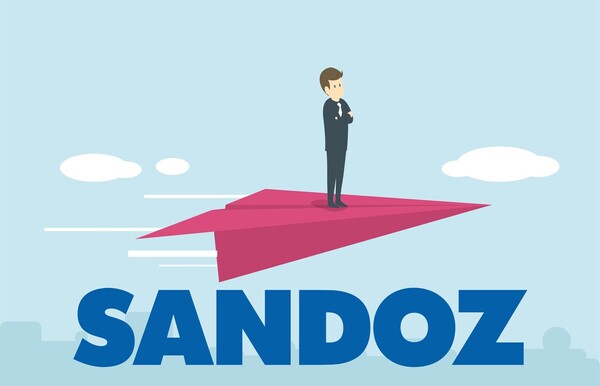With the patent of Amgen's denosumab (product name: Prolia and Xgeba) about to expire soon, companies in major markets have announced plans to release biosimilars, heralding another fierce market battle.

Sandoz AG announced Monday that the U.S. FDA had accepted its biologics license application (BLA) on denosumab’s biosimilar.
Denosumab, developed by Amgen in 2010, is an antibody therapy designed to bind to the “RANKL” protein, an osteoclast activator involved in bone tissue degradation. Its patents in the Korean and U.S. markets expire in 2025.
Sandoz is the first to apply for denosumab biosimilar to the FDA. According to the U.S. clinical trial information site, ClinicalTrials.gov, Samsung Bioepis was supposed to finish its phase 3 clinical trial study, SB16, in December but has yet to. In addition, Spain’s mAbxience, with which HK inno.N signed an exclusive domestic supply of its denosumab biosimilar, has not applied for its approval, either.
Celltrion also received approval for a phase 3 clinical trial of denosumab biosimilar from the Ministry of Food and Drug Safety in 2021 but lagged behind Sandoz and other competitors.
The global sales of Prolia, an osteoporosis treatment, totaled nearly $3.63 million (4.55 trillion won), and those of Xgeva, a treatment for skeletal complications, reached $2.01 billion last year.
In Korea, too, the two treatments’ sales continued to increase. According to IQVIA, Prolia’s sales from October 2021 to September 2022 totaled about 108 billion won, and that of Xgeva reached 12 billion won to record a combined total of about 120 billion won.
Sandoz’ FDA application was based on its ROSALIA study, participated in by 527 menopausal women with osteoporosis. The subjects were randomly administered with denosumab biosimilar and Prolia at a ratio of 1:1 for up to 78 weeks.
As a primary evaluation variable, they confirmed the percentage change in lumbar bone density at the 52nd week and CTx percent change in bone absorption marker after the first administration, confirming that the data matched those of the original product, Prolia.
“Denosumab is a crucial substance to treating osteoporosis and preventing osteoporosis-related fractures facing women over 50,” Sandoz AG CEO Keren Haruvi said. “If our denosumab biosimilar is approved, many patients will be able to manage their disease with relatively cheap treatment with proven efficacy.”
Related articles
- Competition heats up over denosumab biosimilar development
- Medical bills for osteoporosis rise high
- ‘Alexion’s Soliris-related patents will all be invalidated in Korea’
- Biosimilars gain traction in the Korean drug market
- Samsung Bioepis' report pins biosimilars to reduce medical costs by $181 billion by 2028

